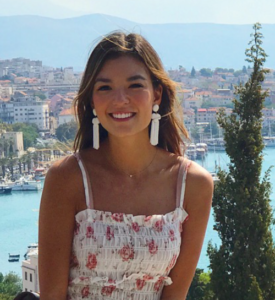Name: Liam Driscoll
Class Year: 2017
Title: 3rd Grade Teacher
Organization Name: Annunciation Catholic School (Denver, CO)
In one sentence, what does your job entail?
My job entails pouring out endless amount of love over a bunch of little eight year olds, and building a community of love and growth in our 3rd grade classroom!
What planned and unplanned events connected you to your industry and your first employer after Holy Cross?
Heading into my senior year I knew I wanted to do something other than work construction! I started to think my niche might be in teaching after I spent a lot of time coaching kids in lacrosse.
Secondly, I was planning on doing some sort of work like this because the classes on Liberation Theology had such a profound impact on me. After studying this stuff, I couldn’t just talk the talk about faith and social justice issues. I had to walk the walk, and I thought teaching was the best way for me to walk this walk.
How did you learn/decide it was a good fit for you?
The people in this program are great people. Much like the people at Holy Cross. Graduates of the program were kind enough to talk to me about their experiences with ACE, and I was hooked.
My sister’s best friend did ACE, so she connected me with many of the people in the program. So, I am in debt to her!
What were you involved in when you were on campus?
While on campus, I was primarily involved with the Men’s Lacrosse team, and the opportunities that came with being on that team. Additionally, I was involved in Big Brothers, teaching CCD at St. John’s, volunteering at St. Mary’s nursing home, and spending time with a great group of friends that I am lucky to have in my life!
What was your major and how did it affect your career decisions?
What I studied at Holy Cross is a mouthful. I majored in Religious Studies and Asian Studies, and had a concentration in Peace and Conflict.
The Religious Studies major affected my career decision by teaching me that we are called to serve. We have the power to combat injustice by completely giving ourselves away. Specifically, we are called to serve those who have less than us. We must be Good Samaritans, and ask the question “If I do not stop and help this man (or woman), what will happen to them?”
Lastly, the Religious Studies Major was so meaningful to me because my classmates were incredible people. I was fortunate to be surrounded by many loving, inspirational people through this major. What they did in and out of the classroom was awe inspiring. Particularly the women in the major. Their work ethic and vision for the world is contagious. We need more people like them!
The Asian Studies major affected my career decision in two ways. I majored in Asian Studies because “heck, why not?” So, that taught me to follow what I was passionate about. Second, it taught me to venture out of my own bubble and have an “open mind.” While I learned a lot about Chinese language and culture, and Japanese history and politics, the most profound impact it had on me was teaching me to be present. I learned this in Asian Philosophy and Intro to East Asian Religions.
The Peace and Conflict Studies opened my eyes to many harsh realities in the world. And while there are many harsh realities in the world, in spite of the pain, there is a beauty in the faith of those who have a lot less than us, and who have been treated far worse than us.
Peace and Conflict Studies taught me we must act to make the world a better place. Consistent resilience to help others. It ain’t gon’ fix itself! The responsibility is ours, people!
What are one or two skills that you developed at Holy Cross that you use in your work?
One “skill” I learned at Holy Cross is a particular set of leadership qualities. Leadership means service. Service means putting others before yourself and struggling for those people. What makes a successful team is a selfless leader, and a relentless worker at the helm. Successful leaders build their team’s foundation on love. While I should not claim to have this skill mastered, I do hope that in my teaching I have been able to lead the kids by putting their needs above mine, and giving them every ounce of love and energy that I have.
What advice do you have for students on campus today?
One, take classes taught by Matt Eggemeier and Peter Fritz. They will transform the way you think, even if you do not remember the specific lessons. They make you uncomfortable, mentally and spiritually. That is what makes Holy Cross a special place, being put to the test as a Christian and as a student, with the hope that eventually you will develop into a servant leader! The material you cover is mind blowing! It’s like rock ‘n’ roll religion class. It forces you to act.
Two, it’s the people at Holy Cross that make it a special place. You can take classes anywhere. This brand of people is tough to come by, however. So, spend time with them, get to know them and their stories, and grow with them! They are incredible people and that is what will teach you to be men and women for and with others. HC people are cream of the crop! Don’t wait ‘til senior week to realize that because you were by yourself in the library all day. With that said, get your work done on time! I got a very bad grade in one class because I handed in a paper late because I was too busy talking to people!
Three, get into the city of Worcester. Get out of the Holy Cross “bubble.” We are in a unique location that allows us to serve. On top of that, we are in a unique location that allows the Worcester people to teach us something! So, go out into the community. But, before you do that, know that the people you interact with are probably going to serve you more than you serve them! Get moving, people! Moving mountains starts with moving a pebble!!
Lastly, work your tails off! You have to be resilient and gritty!


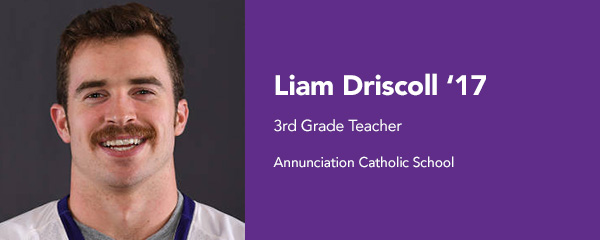
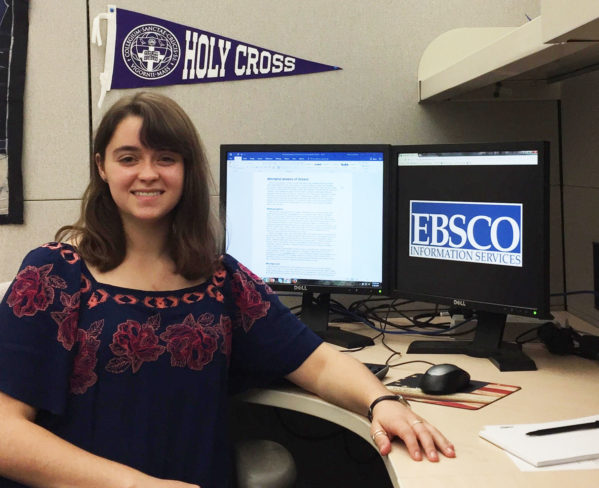
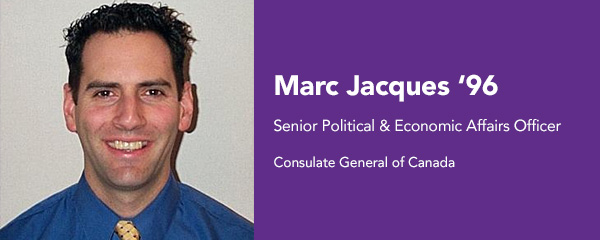

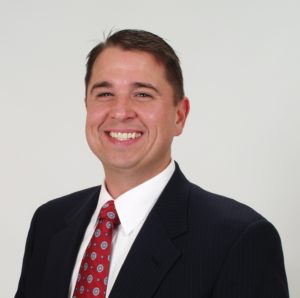
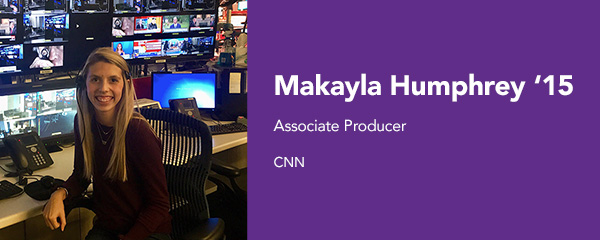
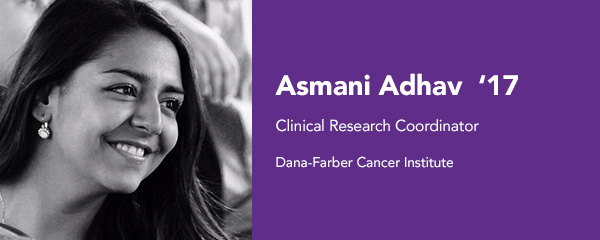
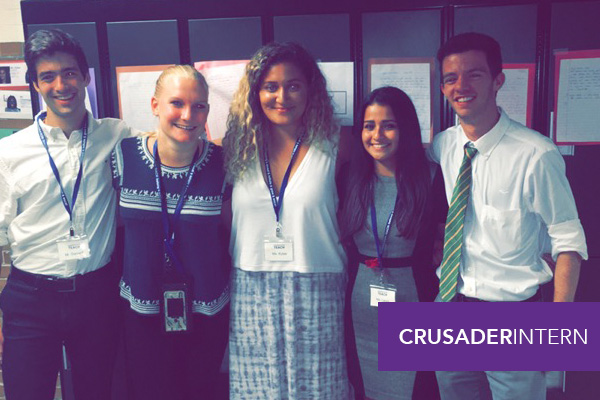
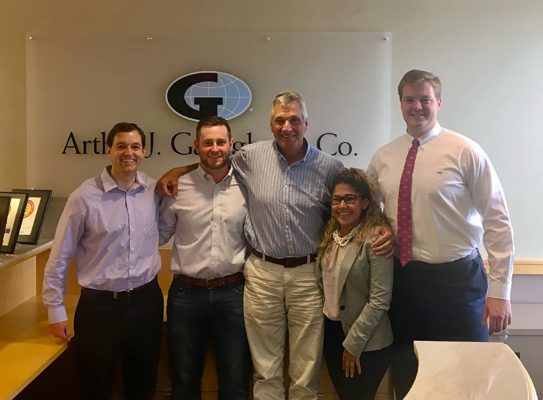 Sales Intern at Arthur J. Gallagher & Co.
Sales Intern at Arthur J. Gallagher & Co.